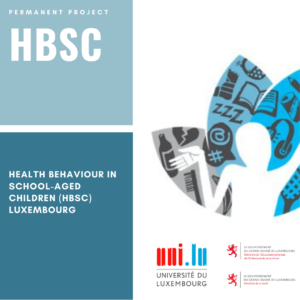PURPOSE
Intersectionality theory highlights the importance of the interplay of multiple social group memberships in shaping individual mental well-being. This article investigates elements of adolescent mental well-being (life dissatisfaction and psychosomatic complaints) from an intersectional perspective. It tests mental well-being consequences of membership in combinations of multiple social groups and examines to what extent such intersectional effects depend on the national context (immigration and integration policies, national-level income, and gender equality).
METHODS
Using Multilevel Analysis of Individual Heterogeneity and Discriminatory Accuracy, we assessed the role of the national context in shaping the interplay between immigration background, socioeconomic status, and gender, using data from 33 countries from the 2017/2018 Health Behaviour in School-aged Children survey.
RESULTS
We found no uniform intersectionality effects across all countries. However, when allowing the interplay to vary by national context, results did point toward some intersectional effects. Some aggravated negative effects were found for members of multiple disadvantaged social groups in countries with low levels of income equality and restrictive migration policies, whereas enhanced positive effects were found for members of multiple advantaged groups in these countries. Similarly, mitigated negative effects of membership in multiple disadvantaged groups were shown in countries with higher levels of income equality and more inclusive migration policies, whereas mitigated positive effects were found for multiply advantaged individuals. Although for national-level gender equality results pointed in a similar direction, girls’ scores were counterintuitive. High national-level gender equality disproportionately benefitted groups of disadvantaged boys, whereas advantaged girls were doing worse than expected, and reversed effects were found for countries with low gender equality.
CONCLUSIONS
To fully understand social inequalities in adolescent mental well-being, the interplay between individual-level and national-level indicators must be explored.
Intersectionality and adolescent mental well-being
A cross-nationally comparative analysis of the interplay between immigration background, socioeconomic status and gender
Alina Cosma, Candace Currie, Concepción Moreno-Maldonado, Elisa L. Duinhof, Gonneke W. J. M. Stevens, Matthias Robert Kern, Michal Molcho, Sophie D. Walsh
Suggested Citation
Kern, M. R., Duinhof, E. L., Walsh, S. D., Cosma, A [Alina], Moreno-Maldonado, C [Concepción], Molcho, M., Currie, C. & Stevens, G. W. J. M. (2020). Intersectionality and adolescent mental well-being: A cross-nationally comparative analysis of the interplay between immigration background, socioeconomic status and gender. Journal of Adolescent Health, 66(6S), 12-20.



